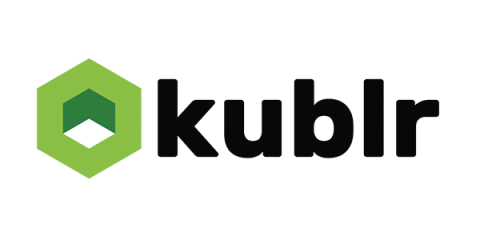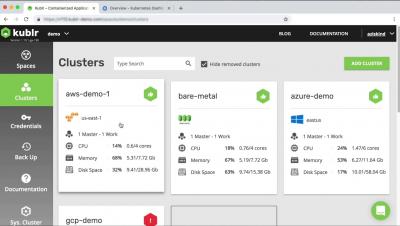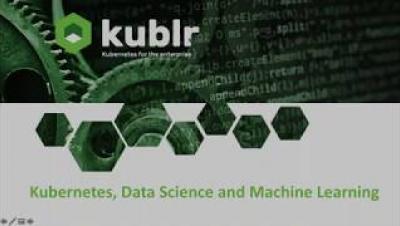Running Spark with Jupyter Notebook & HDFS on Kubernetes
Kublr and Kubernetes can help make your favorite data science tools easier to deploy and manage. Hadoop Distributed File System (HDFS) carries the burden of storing big data; Spark provides many powerful tools to process data; while Jupyter Notebook is the de facto standard UI to dynamically manage the queries and visualization of results.






